Required Minimum Distributions (RMDs) are the minimum amounts a retirement plan account owner must take out each year. RMDs begin when a person reaches either age 72, 70½ if they reached this age before January 1, 2020, or the year in which a person retires (if after age 72).
There are some exceptions. In the case of an IRA or where a person is a 5% owner of the business that sponsored a retirement plan, the RMDs start at age 72 (or 70½). There is no option to defer RMDs to a later age, even if the individual is still working.
It is the responsibility of each retiree to take out the correct RMD from their retirement account each year. If a retiree does not do so, they can face penalties. Furthermore, upon a person’s death, there are special rules regarding how the remaining funds must be distributed to beneficiaries. These death rules are currently in flux, as explained below.
RMD rules apply to all profit-sharing plans, 401(k) plans (including Roth 401(k) plans), 403(b) plans, 457(b) plans, traditional IRAs, SEP IRAs, SARSEPs, and SIMPLE IRAs. Roth IRAs are presently excluded from the RMD requirement while the account owner is still alive.
How RMD Rules May Affect You
As mentioned above, the onus is on you to ensure you take the correct RMD when you retire or reach a certain age. The amount of the RMD is calculated for each retirement account by dividing the account’s balance as of December 31 of the prior year by a life expectancy factor outlined in IRS tables.
Many retirement administrators or plan managers can help you with these calculations. Still, you should also try to understand on your own what you are required to withdraw, as you are ultimately responsible for any penalties or taxes that you may incur for incorrect withdrawals.
Unfortunately, you cannot keep amounts in your traditional retirement accounts indefinitely, even if you don’t need the income. If you take out less than the RMD for a particular year, you may be subject to a 50% excise tax on the amount you didn’t take out but were required to withdraw. However, in some circumstances, if you made an error in calculations but are in the process of taking corrective action, you may be able to request a waiver of the excise taxes.
Changes in RMD Rules
The Setting Every Community Up for Retirement Enhancement Act of 2019 (SECURE Act) changed the RMD rules regarding how quickly beneficiaries must receive retirement benefits upon the account owner’s death. These new rules will apply to persons who passed away after December 31, 2019. In addition, the SECURE Act increases the RMD beginning age from 70½ to 72.
Before the SECURE Act, RMD rules required distributions after a person’s death to be made in one of two ways. If the owner died before RMD rules applied to them, their interest had to be distributed as follows:
1. within five years of their death, or
2. over the life or life expectancy of the beneficiary, with distributions beginning no later than one year after the date of the owner’s death (subject to an exception for a surviving spouse).
If the owner died after the RMD applied to them, the beneficiary had to receive payments at least as quickly as the owner had been receiving them.
The SECURE Act has changed these RMD rules in several ways:
1. It lengthens the five-year rule to 10 years.
2. The new 10-year rule applies regardless of whether the owner dies before the required RMD beginning date.
3. The option to distribute the retirement funds over the life or life expectancy of the beneficiary applies only to specific qualifying persons.
4. For a beneficiary who is a minor at the date of death, the 10 years begin to run when that child reaches the age of majority.
5. For persons who paid excise taxes for insufficient RMDs for 2021 and 2022, they may be able to request a refund.
The IRS has also stated it will not assert that an excise tax is due for persons who did not take an RMD under the prior rules for 2021 and 2022. The IRS final regulations related to these changes will not apply sooner than 2023.
The changes to these RMD rules are complex, and there are more details not fully covered by this article. If you have questions about RMDs and how they may affect you, contact Jayde Law PLLC.


Disclaimer
Attorney Advertisement. The information contained on this website is not, nor is it intended to constitute, legal advise. The transmission and receipt of information contained on this website, in whole or in part, does not constitute or create an attorney-client relationship between Jayde Law PLLC and any recipient. You should not send us any confidential information in response to this website. Such responses will not create an attorney-client relationship, and any information disclosed will not be privileged or confidential unless we have established an attorney-client relationship and executed a written engagement agreement.
